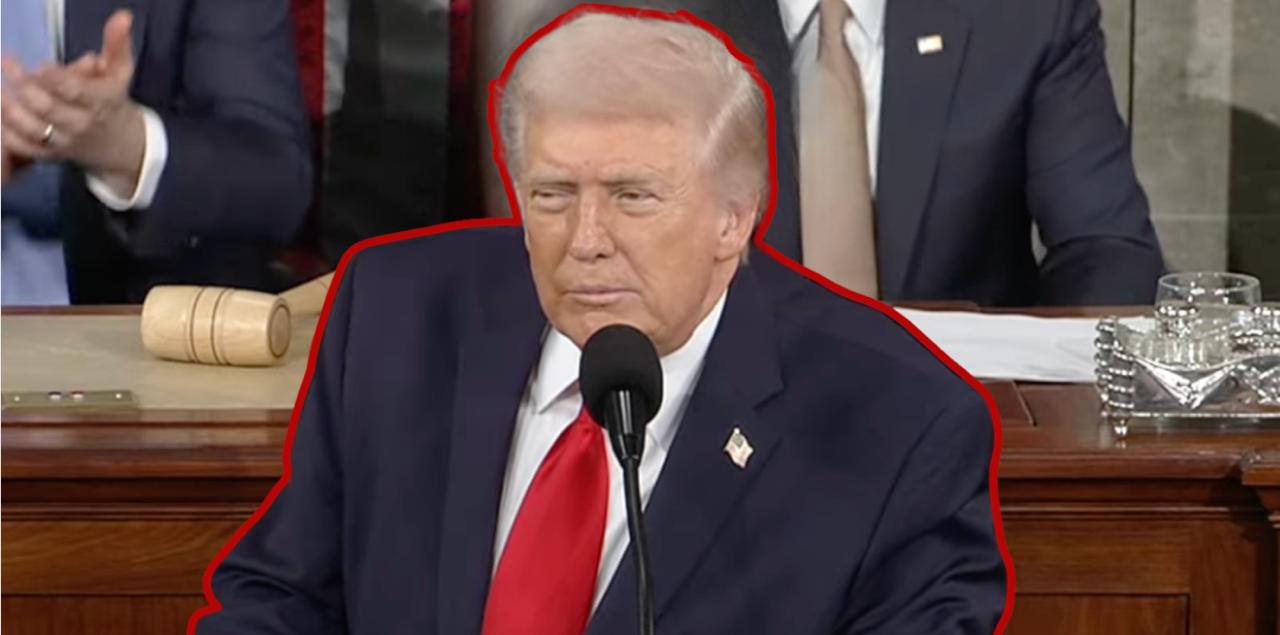While Brazilian president Lula da Silva argued that the goal of BRICS should not be to rival the Western nations' G7 or G20, other leaders, suggested the group had the potential to become the trading bloc that represented the "global majority."
"We cooperate on the principles of equality, mutual support and respect for each others' interests," Vladimir Putin said in his remarks, which he delivered remotely. "This is the essence of the future-oriented strategic course of our association, a course that meets the aspirations of the main part of the world community, the so-called 'global majority'."
As the Guardian reports, Putin blamed the recent uncertainty in the global markets on western nations, which have placed sanctions on numerous countries with whom they have qualms, political or cultural. He suggested that nations impacted by sanctions could look to BRICS instead, and work with the bloc to ensure prosperity.
The Russian leader's vision was shared by his South African, Chinese, and Indian counterparts, all of whom expressed interest in expanding their sphere of influence.
Lula, on the other hand, stated in no uncertain terms that "we do not want to be a counterpoint to the G7, G20 or the United States," rather, "we just want to organize ourselves."
In a briefing, National Security Adviser Jake Sullivan said he believed BRICS posed no threat to the dominance of the United States or any of the many western alliances.
"This is a very diverse collection of countries… with differences of view on critical issues," he said.





